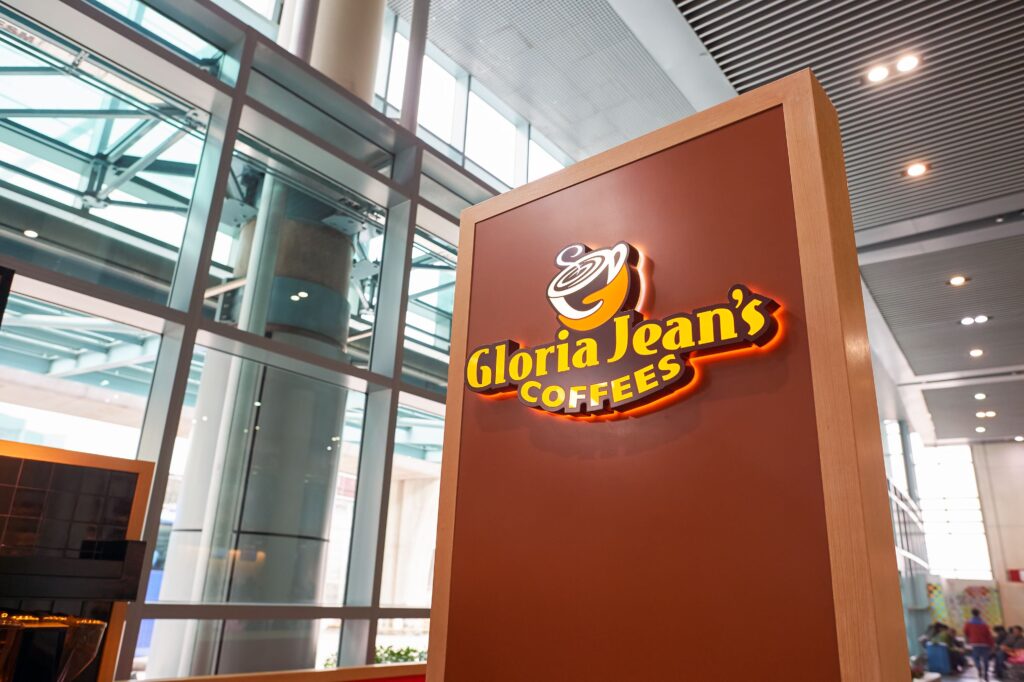
The Retail Food Group recapitalisation plans have been bolstered, with shareholders of the embattled franchisor on Tuesday voting to approve the restructure strategy.
It comes after the Donut King, Gloria Jeans and Crust owner revealed plans to raise $170m for a placement of 1.7 billion shares at 10c a piece. The placement was targeted at institutional and sophisticated investors, and would be used to back pay lenders.
At the general meeting, executive chairman Peter George indicated that while other processes would continue to feature prominently, the restructure was the most viable option to help Retail Food Group salvage its more than $260m of debt.
“Throughout FY19, RFG and its advisers actively explored a range of debt reduction options, including equity and other debt funding proposals, as well as asset sales,” George told shareholders.
“The directors consider that it is in the best interest of the company and its shareholders to proceed with the capital raising debt restructure.”
Luckily enough for George and the Retail Food Group board, shareholders agreed.
Retail Food Group recapitalisation plan
According to an announcement posted on the ASX, shareholders at the general meeting passed the resolution with “requisite majority”.
Under the terms of the placement, at least $118.5m of net proceeds will go towards paying off lenders in Westpac and NAB, which agreed to extend the maturity of the company’s debt facilities to 28 February 2020.
Additionally, the lenders agreed to the extinguishment of $71.8m of existing debt, instead providing a new $75.5m debt facility, maturing in November 2022. Major shareholder Invesco, which has a 19.9 per cent stake will also have its holdings “topped up”.
The shareholder approval was met with more than just a sigh of relief. Prior to the vote, George revealed that outside of the proposed Retail Food Group recapitalisation strategy, the company had few options.
“If shareholders do not approve the placement, RFG will need go approach its lenders to determine whether any other solution is available to refinance or extend the company’s current debt facilities,” he told shareholders.
“There is no guarantee that any new proposal could be agreed, or that if agree, such a proposal would be on more favourable terms than those presented to you today. Quite simply, the failure of the company to refinance or extend its current debt could result in RFG’s lenders appointing receivers or selling the debt to a third party, who may impose more onerous debt terms on the company.”
On the franchisee side of the equation, the Retail Food Group recapitalisation plan is set to deliver a $30m improvement to franchisee gross margins.
“Driving franchise business performance through strategic initiatives is a key element,” George said.
“(This) contemplates savings derived from rent renegotiation and cost of goods reductions, operational improvements and improved foot traffic and sales derived from product category extensions and marketing programs.”
Retail Food Group’s tough run
It’s been a rocky few years for the embattled franchisor. From allegations of misleading behaviour to a damning review of the business in the Parliamentary Joint Committee’s Fairness in Franchising report, Retail Food Group has copped a barrage of sector criticism.
At Tuesday’s general meeting, George acknowledged the difficult few years, however looked upon the beleaguered franchisor’s future with positivity.
“As I’m sure you are aware, the last few years have been challenging for RFG,” he said.
“The 2019 financial year saw major restructuring and refocussing of the company which necessitated renewed focus on RFG’s core competencies of retail food franchising and coffee operations. My vision for the company is that RFG becomes a respected leader in both the domestic and international retail food and coffee arenas.”
While the company’s challenging few years resulted in a massive loss and swelling debt figure, Retail Food Group was also marred by a wealth of negative media reports, culminating in a huge hit to the company’s share price.
Since 2017, Retail Food Group shares have fallen from over $4 to as little as 12.5c, however the latest announcement, along with the confirmation that executive chairman Peter George will stay on to 30 June 2022 may spark a return.
At the time of publication, Retail Food Group shares were trading at 14c, up 3.85 per cent.

